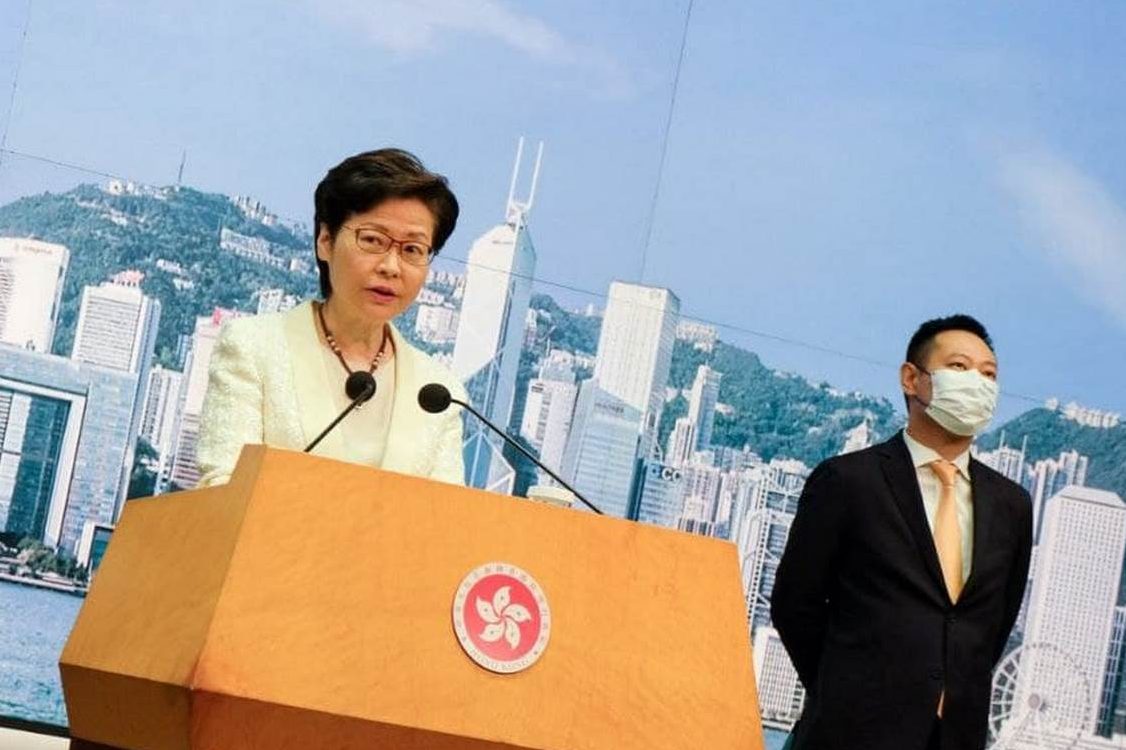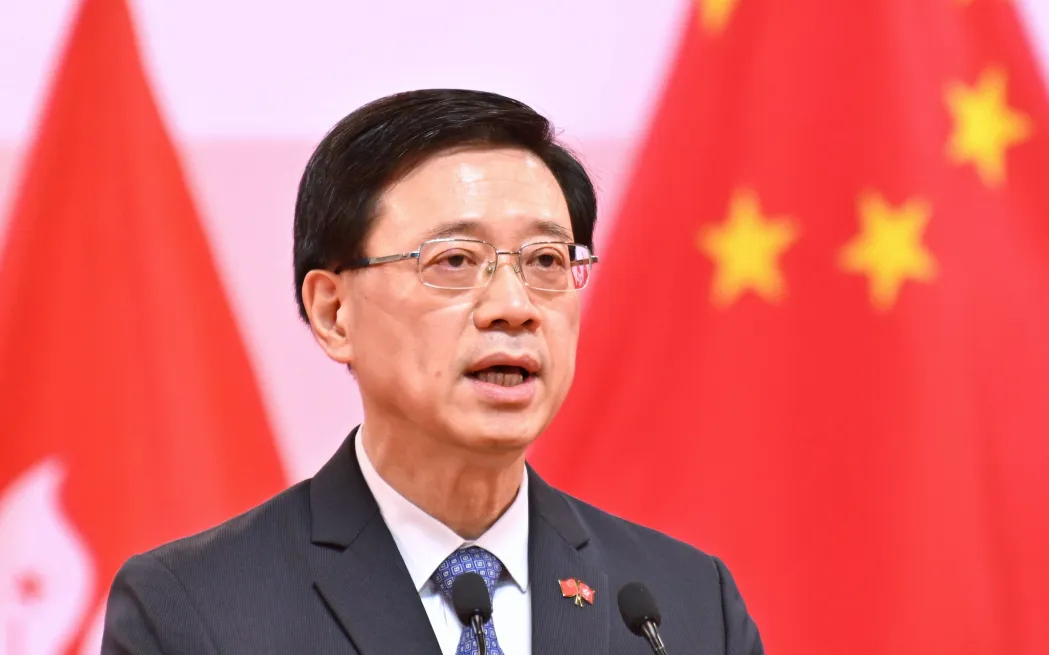We are in an official epidemic of the “so-called”. Readers with a taste for statistics will find the figures here. This article reports the results of an unusual academic pursuit, whose output for our purposes includes the fact that “so-called” appeared in no less than 80 Hong Kong government press releases and speech transcripts last year, compared with 30 the previous year and 18 the year before that.

The authors speculate that this may be the result of Hong Kong officials trying to demonstrate their loyalty to Beijing, where the use of “so-called” as a general term of abuse in official statements is well established. Ignorance is a possible alternative explanation.
The meaning of “so-called” is well established. It indicates doubt about the validity of the noun which is coming next. For example, someone who had doubts about the independence of the Independent Police Complaints Council might prefer to call it the “so-called Independent Police Complaints Council”.
This only works if there is an alternative. In the example above the writer implicitly suggests that “Non-independent Police Complaints Council” might be a better title.
Careful writers on Beijing-friendly publications will refer to Ms Tsai Ing-wen as the “so-called” president of Taiwan, to indicate their subscription to the view that Taiwan is a bogus country so Ms Tsai is not really a president. Indeed in a display of patriotic zeal they may prefer to dub her “the so-called president of the so-called Republic of China”. They would not, though refer to Taiwan as a “so-called island”. It is, after all, clearly an island. What else could you call it?
So what is going through the heads of Hong Kong officials complaining about the effects of “so-called sanctions?” Is there another word they would prefer? We realise of course that they do not approve of the sanctions, but why take issue with the label?

Similarly what is the beef with the “so-called business advisory” from the State Department about the perils of doing business in Hong Kong? Officials believe, we gather, that the perils of doing business here have not increased, as the state department says they have. But whether justified or not, the advisory appears still to be an advisory – compliance is not compulsory – and it is presumably addressed to business people. So why “so-called”?
There is a danger that so-called will be sprinkled more or less haphazardly in official statements, rather as “alleged” used to be in police reporting.

In Legco the other day we had an official promising a survey of international practice in “false news” legislation which would include the “so-called” western democracies. And this raises the question of which part of the description he objects to. Is it the government’s view that the world’s more conspicuous democracies are not western? Would we prefer “Northern democracies”, as most of them are in the northern hemisphere?
Alternatively perhaps the revised official view is that they are not really democracies. In which case we have to wonder, who is? No doubt the name which pops unbidden into your head at this point will be as hilarious as the one which pops into mine, but let us not give offence.
Well residents must, as a police spokesman put it in a grossly prejudicial press conference about the series of arrests doomed to be known as the Subversive Sheep Book case, “see the facts clearly”.
In this they do not get much help from the police, where complaints are concerned. Consider their latest masterpiece, which concerned a freelance reporter, Ms Jasmine Leung, who was groped by a policeman during a social event in Mong Kok which she was covering. Details here.
The Complaints against Police Office sleuths reported on this event that after “a full investigation” the officer concerned could not be identified because the scene was chaotic and he was wearing a mask. This is so beside the point that it should really count as a lie.

The officer concerned could not be identified because in defiance of the law and the force’s own regulations he was not wearing a number and upon request he failed to produce his warrant card. No doubt the scene was chaotic and everyone concerned was wearing masks but citizens are not expected to rely on facial recognition to identify police people.
Ms Leung asked another police person for help and was then pepper-sprayed. There was “no independent evidence“ of this event so it was “unsubstantiated”. Naturally she was unable to identify the pepper artist as well.
So, fellow residents, the clear facts are as follows: if you drive a car without the number plate which the law requires you will be prosecuted. If you are a policeman who fails to display the number which the law and the regulations require you can grope unsuspecting ladies or pepper spray them with impunity.
Anyone would think, as the so-called General Union of Speech Therapists might have put it, that there is one law for the sheep and another for the wolves.
Support HKFP | Policies & Ethics | Error/typo? | Contact Us | Newsletter | Transparency & Annual Report | Apps
| HKFP is an impartial platform & does not necessarily share the views of opinion writers or advertisers. HKFP presents a diversity of views & regularly invites figures across the political spectrum to write for us. Press freedom is guaranteed under the Basic Law, security law, Bill of Rights and Chinese constitution. Opinion pieces aim to point out errors or defects in the government, law or policies, or aim to suggest ideas or alterations via legal means without an intention of hatred, discontent or hostility against the authorities or other communities. |
Help safeguard press freedom & keep HKFP free for all readers by supporting our team

More HKFP OPINION:
HKFP has an impartial stance, transparent funding, and balanced coverage guided by an Ethics Code and Corrections Policy.
Support press freedom & help us surpass 1,000 monthly Patrons: 100% independent, governed by an ethics code & not-for-profit.










